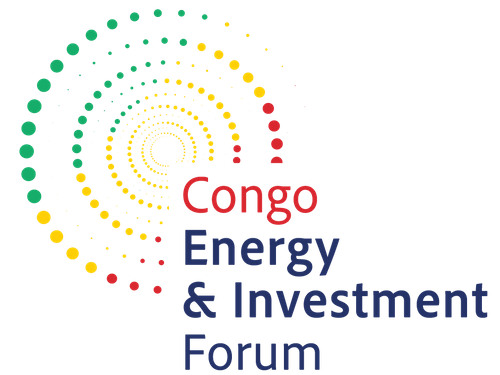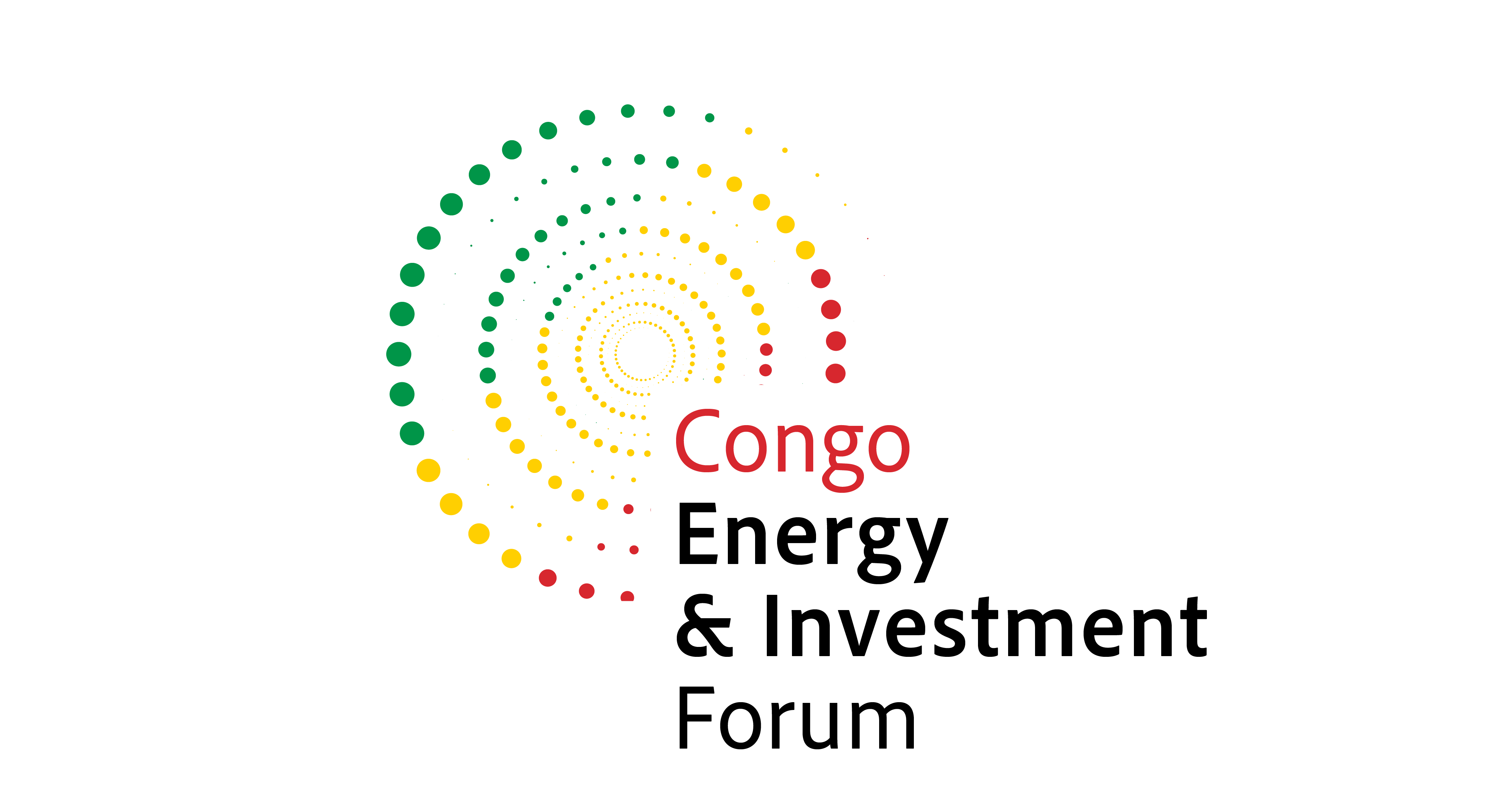Congo: Harnessing Innovation for Sustainable Development
)
The Republic of Congo is undergoing a transformative period in its energy sector, marked by the introduction of emerging technologies and project advancements across the oil, gas and renewable energy space. Through low-carbon projects and integrated solutions, the Republic of Congo is setting a strong benchmark for sustainable energy development in Africa.
Integrated Energy Access
A core part of its energy strategy, the Republic of Congo aims to enhance energy access and industrialization through the development of integrated gas projects. These include the Eni-led Integrated Energy Access Project. Through the project, Eni has built two gas-fired power plants to cut natural gas flaring and boost the commercialization of associated gas from the Marine XII and M’Boundi fields. Eni has also upgraded the power transmission and distribution network to extend electricity access to the densely populated Pointe-Noire area. Meanwhile, Chinese oil and gas company Wing Wah Oil Company’s Banga Kayo development – a $2 billion integrated energy project – is set to enhance gas utilization and boost revenue. The project will feature a gas processing plant, power generation facilities and a fertilizer production unit.
Other notable projects include Eni’s Congo LNG initiative, which resulted in the country’s first LNG export earlier this year. Phase 2, expected in 2025, will substantially increase output, positioning the Republic of Congo as a regional LNG supplier. In the downstream sector, the country has one oil refinery in the coastal city of Pointe-Noire, which is currently processing 600,000 tons of refined petroleum products annually, short of its 1-million-ton-per-year capacity. The upcoming Atlantic Petrochemical Refinery, developed in partnership with China’s Beijing Fortune Dingheng Investment, aims to address supply shortfalls and meet domestic energy needs, while future projects may expand export potential.
Digital Transformation
In November this year, the Republic of Congo secured €36 million in funding from the European Investment Bank (EIB) and an additional €15 million grant from the EU to boost digital transformation. The funding aims to support the implementation of the country’s National Digital Transformation Plan, a strategic initiative to modernize public administration and strengthen the digital economy. The funding will address challenges in modernizing infrastructure, boosting digital capacity and ensuring sustainable growth in the country’s digital economy and energy sector.
Meanwhile, telecommunications operator MTN Congo recently launched its 5G network in the country. Serving as part of the Republic of Congo’s Congo Digital 2025 strategy, the country is well-positioned to develop digital services for businesses operating in the oil and gas sector. A consortium comprising the EU, EIB and the World Bank launched the €316.5 million Digital Transformation Acceleration Project in June last year, providing funding and support for modernizing public administration and improving digital skills. Additionally, the Republic of Congo is advancing its technological ambitions with the construction of a $72.8 million data center. Set for completion before the end of 2024 and serving as the first of its kind in Central Africa, the data center will serve as a hub for storing and processing the country’s digital data.
The Republic of Congo’s ongoing digital transformation is set to support the country’s exploration and production ambitions, such as the planned 3D seismic surveys and data analysis for the planned drilling of four wells in the Conkouati-Koui and Naga III oil fields. With drilling set to start shortly, the Congolese subsidiary of China Oil Natural Gas Overseas Holding Ltd. plans to invest $150 million to boost oil production over the next three years in the fields. Meanwhile, projects like AndrewTek – which focuses on energy optimization in buildings – and GazTech – offering smart metering for LPG access – highlight the potential to support energy sector growth through digitalization.
Renewable Energy and Carbon Sequestration
Environmental sustainability remains central to the Republic of Congo’s energy agenda, with initiatives focused on carbon capture and forest conservation set to leverage the country’s potential as a major carbon sink. Covering 23 million hectares – roughly two-thirds of the country’s territory – the Republic of Congo’s forests absorb approximately 130 million tons of carbon annually. This year, the country received its first $8 million payment in carbon offsets as part of a World Bank agreement. Furthermore, oil and gas supermajor TotalEnergies’ BaCaSi initiative aims to conserve and reforest more than 93,000 hectares of forest coverage in the country.


